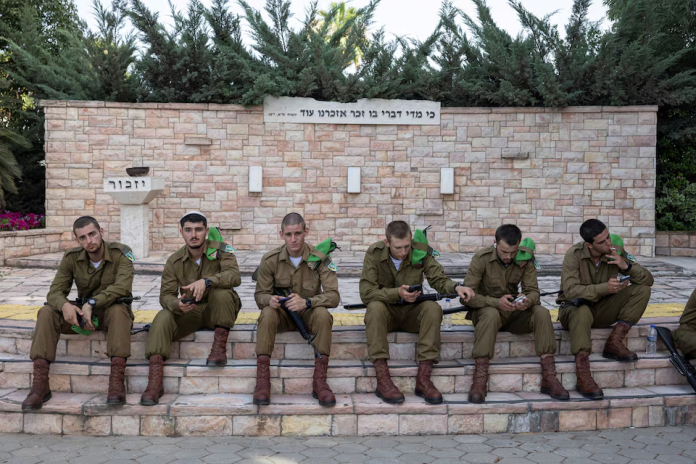Israeli Prime Minister Benjamin Netanyahu criticised plans announced by the military to hold daily tactical pauses in fighting along one of the main roads into Gaza to facilitate the delivery of aid.
According to Reuters, the military announced daily pauses from 05:00 GMT till 16:00 GMT in the area from the Kerem Shalom Crossing to the Salah al-Din Road and then northwards.
When the prime minister heard the reports of an 11-hour humanitarian pause in the morning, he turned to his military secretary and made it clear that this was unacceptable to him.
The military clarified that normal operations would continue in Rafah, the main centre of their operation in southern Gaza, where eight soldiers lost their lives on Saturday. Netanyahu’s response highlighted political tensions over aid flowing into Gaza. Meanwhile, international organisations warn of a growing humanitarian crisis.
National Security Minister Itamar Ben-Gvir condemned the idea of tactical pauses. He also stated that whoever decided it was a “fool” who should lose the job. Ben-Gvir heads one of the religious parties in Netanyahu’s ruling coalition.
Division between army and coalition
The divisions escalated a week after former General Benny Gantz left the government, accusing Netanyahu of lacking an effective strategy in Gaza. The rift also came to light last week during a parliamentary vote on a law to conscript “ultra-Orthodox” Jews into the army.
Defence Minister Yoav Gallant voted against it despite party orders. He stated that it was insufficient for the needs of the army.
The religious parties in the coalition strongly opposed the conscription for the ultra-Orthodox. This caused widespread discontent among many Israelis, which grew worse as the war continued.
However, Lieutenant-General Herzi Halevi, the head of the military, declared on Sunday that there was a “definite need” to recruit more soldiers from the fast-growing ultra-Orthodox community.
After the attack by Hamas on 7 October that killed about 1,200 people, the Israeli military retaliation resulted in the deaths of more than 37,000 Palestinians and the destruction of much of the Gaza Strip, according to the Palestinian health ministry.
War goes on
Although opinion polls show that most Israelis support the government’s goal of destroying Hamas, people are taking to the streets for mass protests. They condemn the government for failing to do more to bring home some 120 hostages still held in the Gaza since 7 October.
Meanwhile, Palestinian health officials stated that seven Palestinians died in two airstrikes on two houses in the Al-Bureij refugee camp in central Gaza.
As the fighting in Gaza continues, the conflict on the Israeli-Lebanese border also threatens to escalate into a wider war. Almost daily exchanges of fire between Israeli forces and the Iranian-backed Hezbollah reportedly escalated.
In another sign that the fighting in the Gaza could drag on, Netanyahu’s government announced on Sunday that it was extending until 15 August the funding period for hotels and guesthouses for residents evacuated from Israel’s southern border towns.
